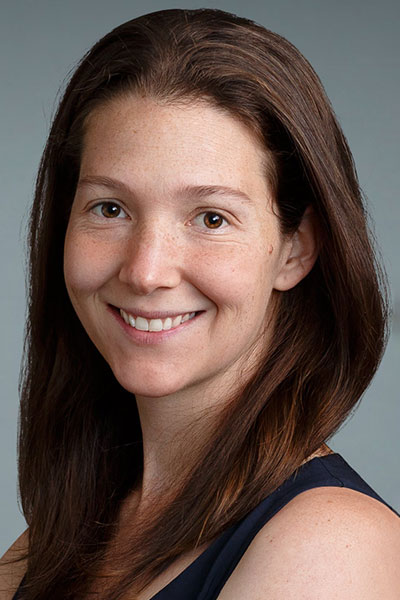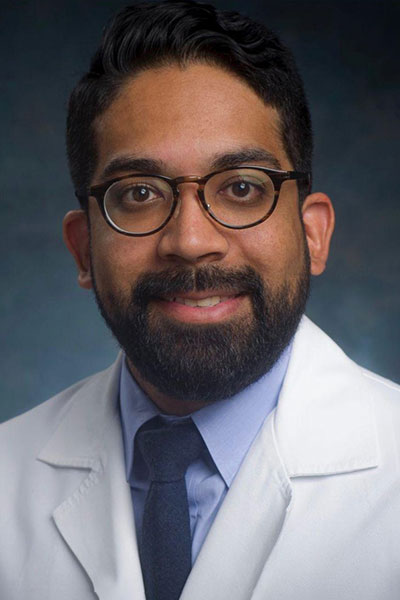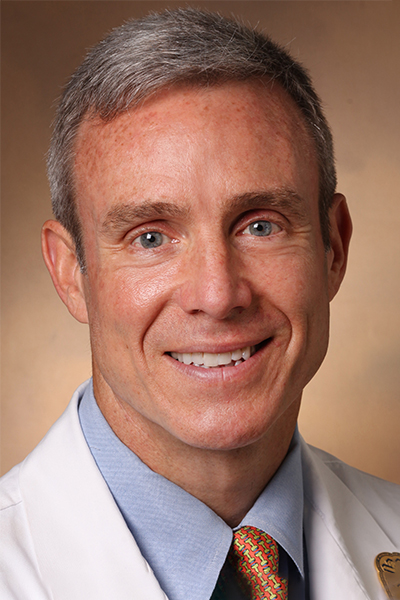
Medical misinformation is an unavoidable part of the current landscape. An interactive session on Sunday, October 16, at CHEST 2022, Addressing Medical Misinformation in Various Patient Care Settings, discussed the causes and effects of this phenomenon and what physicians and other health care professionals can do to address it.
Shari Barnett Brosnahan, MD, assistant professor in the division of pulmonary, critical care, and sleep medicine at New York University Langone Health System, opened the session by exploring data on the extent of the medical misinformation problem.
Dr. Brosnahan shared a survey of health care workers during the COVID-19 era, which showed that two-thirds felt that medical misinformation was an urgent problem, with 30% ranking it as a 10 out of 10.
“This is a problem with real consequences,” she added, as two-thirds of health care workers also thought that misinformation resulted in patients not getting good care.
The United States’ lower life expectancy compared with other resource-rich countries is one indicator of the problem, she said, noting that FDA Commissioner Robert M. Califf, MD, recently attributed that statistic to medical misinformation and subsequent improper care.
Although everyone is susceptible to misinformation, surveys have shown slightly higher effects in certain populations, including residents of the southeast US, men, and those 25 to 44 years old.
“One of the most disturbing things for me was that two-thirds of people felt they could get health information without talking to a health care provider,” Dr. Brosnahan said.
How misinformation affects care

Anand S. Iyer, MD, MSPH, assistant professor in the division of pulmonary, allergy, and critical care medicine at the University of Alabama at Birmingham, and E. Wesley Ely, MD, MPH, FCCP, professor at Vanderbilt University Medical Center, shared stories from their work with COVID-19 patients in the ICU and how misinformation affected care.
Dr. Iyer recalled how some patients and their families suggested or even tried misinformed treatments. He was also surprised by some of the therapies initiated at the urgent care and community health care level, showing him that even clinicians were not immune to misinformation.
Dr. Ely recalled a COVID-19 patient in the ICU who, sobbing, told him, “I did not get the vaccine because the man on the TV said they were trying to depopulate society of people like me.”
“That stopped me dead in my tracks,” Dr. Ely said. “She was a victim of misinformation, which also affected her trust in me.”
Dr. Ely said that it was his job, not hers, to fix that resulting relationship problem. As a gray-haired, white man, and in light of historical injustices, he had to understand that patients from other demographics and backgrounds could see him as distrustful or potentially even threatening.
“Approaching her in a sense of humility and allowing her to be the driver of the situation is the beginning of the hard work that I need to do as this person’s physician, if I am truly to become a healer for her,” Dr. Ely said.
How clinicians can help

Both Drs. Iyer and Brosnahan also echoed the importance of listening with grace, without being dismissive or stigmatizing the patient. From there, health care providers should lean into the evidence and engage and educate hospital teams, families, and community partners, Dr. Iyer said. Read more about CHEST’s recent efforts to help clinicians build the skills needed to develop positive relationships from the get-go.
“Addressing misinformation requires a comprehensive and interprofessional approach centered on early and open dialogue,” he said.
As much as social media has contributed to the spread of misinformation in the COVID-19 era, it can also be a powerful tool in the fight for the facts, Dr. Brosnahan said, encouraging physicians to get proper social media training and build an online presence. For his part, Dr. Ely never intended to join social media prior to COVID-19 but now sees it as part of a larger duty to counter distrust and mistrust.
“I must be involved in this story if it is my goal to reduce human suffering and be a part of an answer for patients whom I will never meet,” Dr. Ely concluded.
Join us at CHEST 2025
Save the date for the next Annual Meeting, October 19 to 22, 2025, in Chicago. CHEST 2025 will explore the latest advancements in pulmonary, critical care, and sleep medicine, with a focus on innovation and the future, just as the city itself embodies progress and reinvention.





